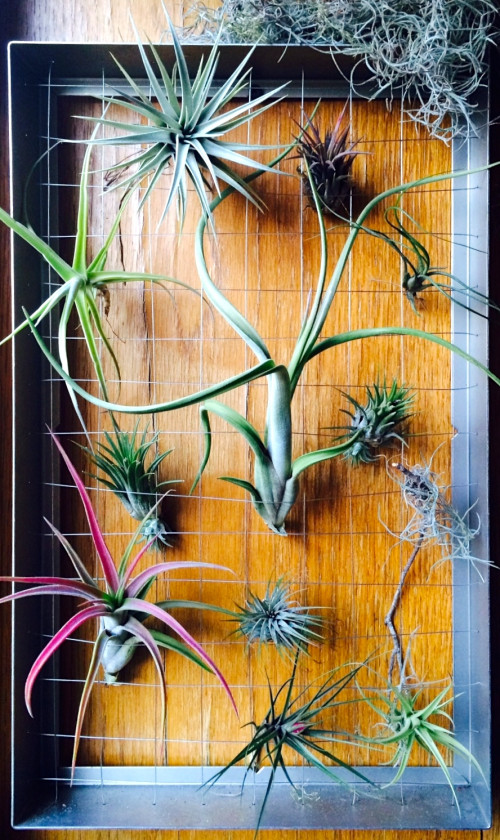I keep collecting plants that can’t survive Portland winters outside. Perhaps I’ll live long enough for the air plants, bromeliads, elephant ears, and stag horn fern to thrive in the yard and on the porch beyond their summer parole. That would be a sliver of joy in the coming chaos and destruction of accelerating climate change.
As new specimens arrived last week, I came across a word native to Wales that has no English equivalent but whose meaning transcends all languages. It could explain, in part, my irrational fervor for plants with tropical roots like my own. Who hasn’t felt the tug of hiraeth:
A homesickness for a home to which you cannot return, a home which maybe never was; the nostalgia, the yearning, the grief for the lost places of your past.
The word is pronounced HEER-eyeth. Listen to it below:
My lost home and hazy past have been a pervasive theme of my writing. But could the intensity of my hiraeth trace back centuries to Wales itself? The first Bales emigrants to America were apparently Welsh Quakers, who in the 1600s fled religious persecution in England. Four centuries earlier, the Anglo-Saxons had conquered Wales, making it the first colony of the English empire. Lost was a nation.
The result, according to a contemporary Welsh writer, is a deep hiraeth that “you don’t have to go away to experience. You can feel it at home in Wales. In fact, that’s where you feel it the most.”
And so it will be with me when I return to Central Florida in the Spring. While walking the lake shoreline in front of my long-ago house, I’ll gather some Spanish moss and add it to my plants in exile.



Comments on this entry are closed.